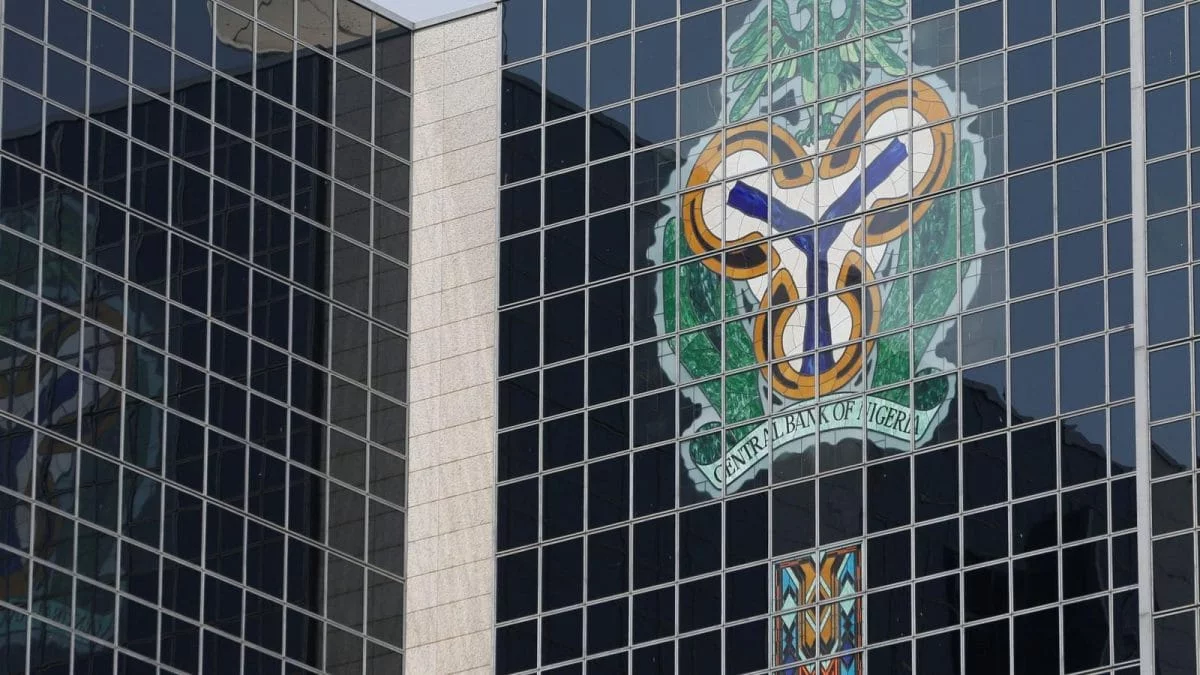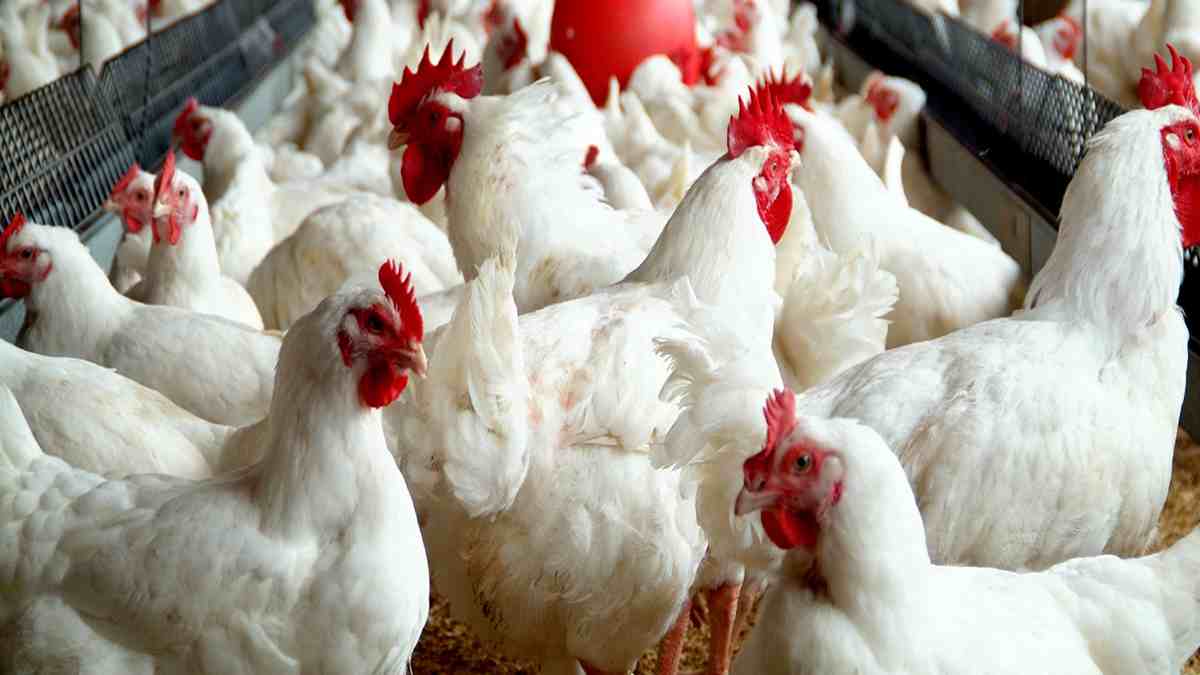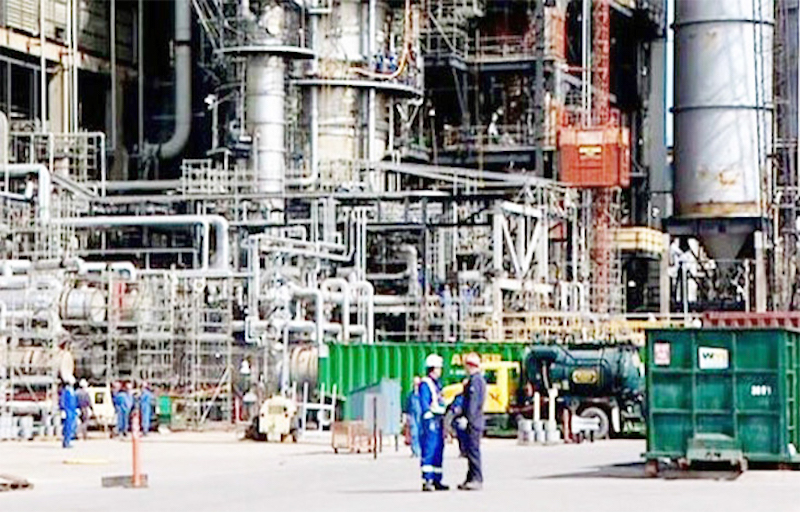The Centre for the Promotion of Private Enterprise says an interest rate hike by the Central Bank of Nigeria will not tame a general price increment in the country.
The Director-General of CPPE, Muda Yusuf, disclosed this on Tuesday in a statement reacting to the late monetary policy rate hike.
DAILY POST reports that 400 basis points raised the country’s interest rate to 22.75 per cent from 18.75 per cent.
However, CPPE said the move will further hurt the real sector of the economy.
According to the think-tank group, CBN monetary measure tightening has not yielded any significant impact in the past two years.
CPPE blamed CBN’s N22.7 Ways and Means Loan to the federal government under ex-president Muhammadu Buhari’s government and insecurity as key drivers of inflationary pressures.
It urged the government to address the security concerns disrupting agricultural activities and sustain reforms in the foreign exchange market to stabilize the exchange rate, reduce volatility, and stimulate forex inflows.
“The increase would constrain the capacity of banks to support economic growth and investment, especially in the real sector of the economy because the increases are quite significant.
“Although the decision was consistent with the typical policy response of the Central Banks globally, it failed to reckon with domestic peculiarities. The key drivers of Nigeria’s inflation are largely supply-side variables and the CBN ways and means of financing. Over the last two years, there has been persistent monetary policy tightening, yet there has not been any significant impact on the inflationary pressures. If anything, the general price level had been continuously on the increase.
“We recognize that the primary mandate of the CBN is price stability, but numerous headwinds have posed significant risks to this critical objective. Some of these include the surge in commodity prices and impact on energy costs, disruptive effects of insecurity on agricultural output, and global supply chain disruptions.
“The surge in ways and means of finance has made the CBN a culprit in the inflation predicament over the past few years. The hike in MPR or CRR would not change these variables.
“Already, bank lending has been constrained by the high CRR, which was, until the latest review, 32.5 per cent [many operators in the sector claim that effective CRR is as high as 50 per cent for many banks, the discretionary debts by the apex bank.
“The credit situation in the economy is already very tight, with lending rates ranging between 25 -30 per cent. Due to these constraining factors,
Nigerian banks have yet to live up to their financial intermediary role.
“The Nigerian economy is not a credit-driven economy, unlike what is obtained in many advanced economies, which have much higher levels of financial inclusion, robust consumer credit framework, and strong correlation between interest rate and aggregate demand. The level of financial inclusion in the Nigerian economy is still quite low, access to credit by households and MSMEs is still very challenging, and the informal sector accounts for close to 50 per cent of the economy.
“Private sector bank credit as a percentage of GDP was 14 per cent in 2022 in Nigeria. It was 59 per cent in South Africa, 30.9 per cent in Egypt, 30 per cent in Botswana, 51.6 per cent in the United States and 130 per cent in the United Kingdom. These underscore the variabilities across economies; thus, policy responses must differ.
“The transmission effects of monetary policy on the Nigerian economy are still very weak. In the Nigerian context, price levels are not interest-sensitive. Supply-side issues are much more profound drivers of inflation.
“The new dramatic increase in MPR to 22.7 per cent hike means that the cost of credit to the few private sectors that have exposure to bank credits will increase, which will impact their operating costs, prices of their products and profit margins, amidst very challenging operating conditions. The hike may adversely impact the equity market.
“It is thus imperative for the CBN to accelerate the process of increased capitalization of the development finance institutions to create a concessionary financing window for the real sector and small businesses,” he said.
CBN interest rate hike won’t tame price increase in Nigeria – CPPE



